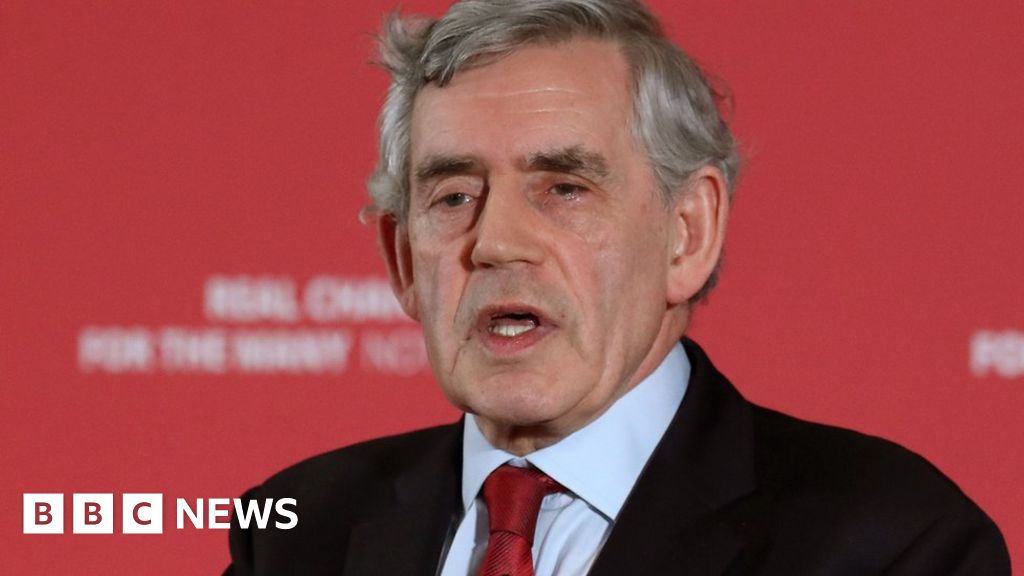LONDON (Reuters) - Parliament will block a no-deal Brexit if unelected people behind Prime Minister Boris Johnson try to wrench Britain out of the European Union on Oct. 31 without agreement, former finance minister Philip Hammond said on Wednesday.
FILE PHOTO: Chancellor of the Exchequer Philip Hammond leaves the BBC studios in London, Britain, July 21, 2019. REUTERS/Henry Nicholls/File Photo
The United Kingdom is heading towards a constitutional crisis at home and a showdown with the EU as Johnson has vowed to leave the bloc in 78 days time without a deal unless it agrees to renegotiate a Brexit divorce.
After more than three years of Brexit dominating EU affairs, the bloc has repeatedly refused to reopen the Withdrawal Agreement which includes an Irish border insurance policy that Johnson’s predecessor, Theresa May, agreed in November.
Hammond, who served as May’s finance minister for three years, said unelected people in Johnson’s Downing Street office were setting London on an “inevitable” course towards a no-deal Brexit by demanding the backstop be dropped.
“The people behind this know that that means that there will be no deal,” Hammond told the BBC. “Parliament is clearly opposed to a no-deal exit, and the prime minister must respect that.”
The former minister’s first public intervention since resigning indicates the determination of a group of influential lawmakers to thwart Johnson if he goes for a no-deal Brexit.
Hammond said he was confident parliament, where a majority oppose a no-deal Brexit, would find a way to block that outcome.
It is, however, unclear if lawmakers have the unity or power to use the 800-year-old heart of British democracy to prevent a no-deal Brexit on Oct. 31 - likely to be the United Kingdom’s most consequential move since World War Two.
Opponents of no deal say it would be a disaster for what was once one of the West’s most stable democracies. A disorderly divorce, they say, would hurt global growth, send shockwaves through financial markets and weaken London’s claim to be the world’s preeminent financial centre.
Brexit supporters say there may be short-term disruption from a no-deal exit but that the economy will thrive if cut free from what they cast as a doomed experiment in integration that has led to Europe falling behind China and the United States.
CONSTITUTIONAL CRISIS
Heading towards one of the biggest constitutional crises in at least a century, Britain’s elite are quarrelling over how, when and even if the result of the shock 2016 referendum will be implemented.
Part of the problem is that Britain’s constitution, once touted as a global model, is uncodified and vague. It relies on precedent, but there is little for Brexit.
The House of Commons speaker John Bercow told an audience in Scotland that lawmakers could prevent a no-deal Brexit and that he would fight any attempt to prorogue, or suspend, parliament “with every bone in my body”.
“We cannot have a situation in which parliament is shut down – we are a democratic society,” the Telegraph quoted Bercow as saying at an event on the sidelines of the Edinburgh Festival.
“And parliament will be heard and nobody is going to get away, as far as I am concerned, with stopping that happening,” added the 56-year-old who says he voted “Remain” in the 2016 Brexit referendum.
Johnson, who replaced May after she failed three times to get her Brexit deal through parliament, has refused to rule out proroguing the House of Commons and Brexit supporters have vociferously encouraged him to do so if necessary.
Hammond said the Leave campaign in the 2016 referendum did not tout no deal as a likely option, so to leave under those conditions would be a betrayal of the referendum that would reduce the nation to an “inward-looking little England”.
The United Kingdom, he said, would be under threat with referendums likely on Scottish independence and a united Ireland.
Johnson’s top advisor, Dominic Cummings, has reportedly said he could delay calling a general election until after Oct. 31, even if he lost a no confidence motion, allowing for a no-deal Brexit while parliament is dissolved.
Clearly with him in mind, Hammond said there were people “who are pulling the strings in Downing Street, those who are setting the strategy.”
Cummings declined to comment to Reuters.
Writing by Guy Faulconbridge; Editing by Andrew Cawthorne
https://www.reuters.com/article/uk-britain-eu-bercow/britains-speaker-aims-to-block-parliament-closure-for-brexit-newspaper-idUSKCN1V323B
2019-08-14 07:54:00Z
CAIiEKXHhxYGj1Qi2qdi9OEnVogqFggEKg0IACoGCAowt6AMMLAmMLT5lwM


